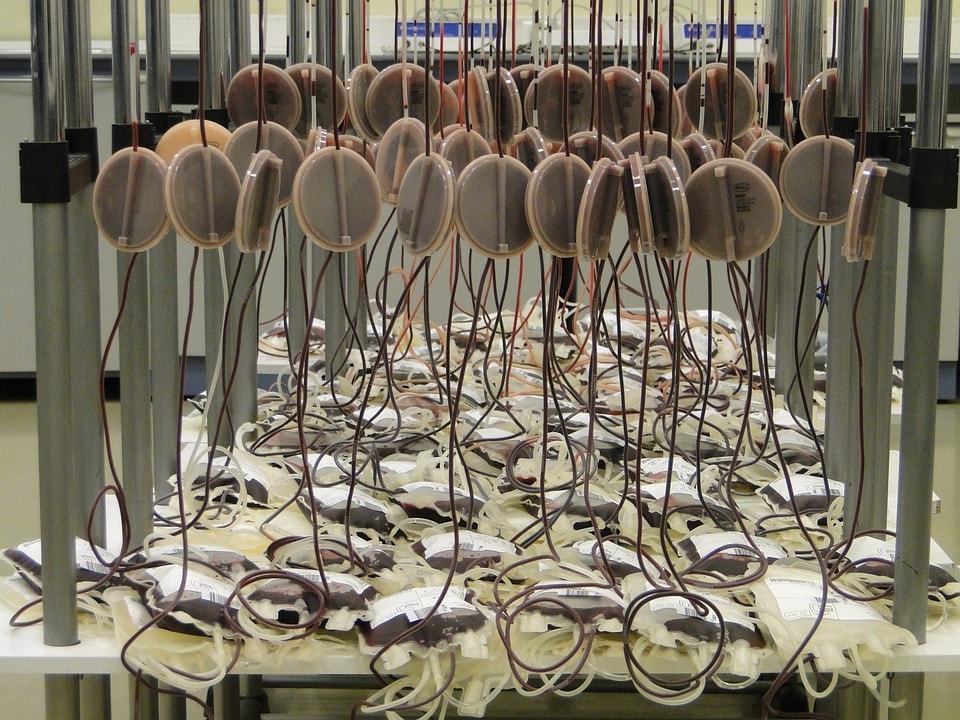
How RFID Blood Monitoring Systems Are Significantly Improving Healthcare
Radio frequency identification (RFID) solutions in healthcare are improving patient care, reducing errors, and providing efficient inventory management. RFID solutions in healthcare involve tagging patient files, wristbands, supplies, and equipment with tags that can be quickly scanned.
A quick scan of a tag can retrieve important (and in some cases life-saving) information about a patient, their medications and treatment, or help locate supplies needed for a treatment. The use of RFID solutions for blood monitoring will further advance healthcare and improve patient safety significantly.
Improve Patient Safety
A blood transfusion error can seriously harm a patient. Whether the blood is contaminated, is the wrong blood type, or there is a delay in receiving the blood, a patient’s life can be put at risk by a mistake.
Blood transfusions are often done in times of critical need, such as after a serious car accident. RFID solutions for blood monitoring reduce the risk of blood transfusion errors by efficiently tracking blood supplies. A quick scan of an RFID tag will notify nurses and doctors of the blood type and inventory, avoiding any blood transfusion mistakes.
Reduce Technical Errors and Waste
As mentioned above, a blood transfusion error can cost a patient their life. Technical errors also result in significant blood supply waste. Reducing waste is critical, especially when there is a shortage of blood supplies.
RFID blood monitoring systems reduce technical errors, and in turn, also reduce waste. With an RFID solution, the right type of blood will be used the first time around.
Efficiently Manage Inventory
An easily accessible blood supply inventory is essential for hospitals. A paper-based inventory management system is time consuming and can lead to many critical errors, such as lost or inaccurate information. Doctors and nurses need to have quick access to inventories to order blood because patients’ lives depend on it.
RFID blood monitoring solutions provide real-time accurate inventory information, remove the need for time-wasting paperwork, and speed up the blood-ordering process. Hospitals can manage their blood supply inventory and order blood that is in low supply ahead of time to avoid any delays in blood transfusions.
Blood monitoring systems using RFID technology are necessary to improve the healthcare system. By being able to accurately track blood supplies, hospitals can efficiently manage inventory, reduce waste, and, ultimately, save more lives. A quick scan of a tag can make a life-changing difference.
